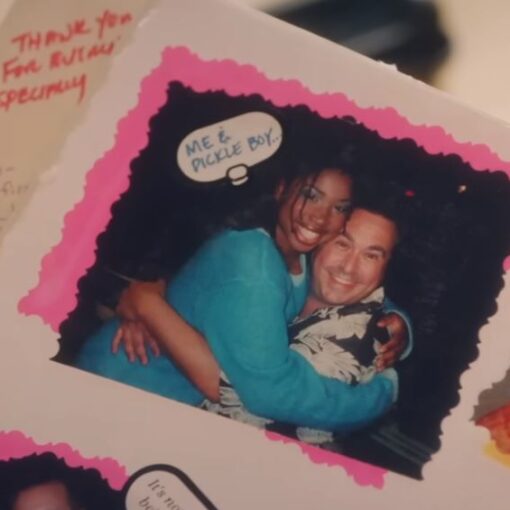
Deadwater Fell, the gripping four-part drama starring David Tennant, recently became available on Netflix, introducing a new wave of viewers to its chilling storyline.
As the series unfolds, the shocking ending leaves audiences with questions, and the writer, Daisy Coulam, sheds light on the mysteries in a spoiler-filled discussion.
Tom Kendrick’s Shocking Revelation
The final episode unveils the unsettling truth that Dr. Tom Kendrick, played by David Tennant, is the perpetrator behind the tragic deaths of his wife and three daughters.
Daisy Coulam explains that making Tom the culprit was always the plan, challenging expectations and highlighting the often overlooked reality of men committing familicide.
Lewis’ Disturbing Behavior
One of the most jarring scenes involves six-year-old Lewis, Steve’s son, engaging in self-harm. Coulam emphasizes that the series explores themes of communication and silence, illustrating how suppressing emotions can lead to destructive behaviors.
The narrative reflects on the repercussions of toxic masculinity, evident in both Lewis and his father, Steve.
Steve and Jess’s Future
Despite the harrowing experiences and relationship challenges, the series ends on a relatively positive note for Steve and Jess.
Coulam optimistically hints at their future, noting a crucial scene where they finally communicate. This emphasizes the importance of open dialogue in healing from trauma, suggesting a brighter path for the couple.
IVF Struggle
Throughout the series, Steve and Jess grapple with unsuccessful attempts at IVF. Coulam draws from personal experience, expressing the desire to present a positive ending even in the face of fertility challenges.
Rejecting conventional narratives, the characters decide not to pursue IVF further, emphasizing that life can take fulfilling paths without children.
Carol’s Withheld Knowledge
A significant revelation involves Tom’s mother, Carol, who knew about her son’s crimes from the beginning.
Coulam explains the complexity of admitting such truths and emphasizes the theme of communication running through the series. The characters’ ability to confront difficult realities becomes essential for moving forward.
Deadwater Fell‘s ending, explained by writer Daisy Coulam, peels back the layers of a dark narrative. It challenges perceptions, delving into the complexities of human nature and the consequences of suppressed communication.
As viewers navigate the disturbing revelations, the series prompts reflection on societal issues and the importance of addressing difficult truths for healing and moving forward.
FAQs You Might Like About Deadwater Fell
1. What is the central theme of Deadwater Fell? Deadwater Fell revolves around a small Scottish community shaken by a family tragedy. The central theme explores the consequences of suppressed communication, toxic relationships, and the unraveling of dark secrets within the context of familicide.
2. Why did Tom Kendrick commit the murders? In the series finale, it’s revealed that Dr. Tom Kendrick, portrayed by David Tennant, committed the murders of his wife and three daughters after discovering Kate’s plans to divorce him. The narrative challenges expectations by addressing the issue of men committing familicide and delving into the complexities of Tom’s character.
3. How does Deadwater Fell address fertility challenges? The series includes a subplot involving Steve and Jess’s struggles with in vitro fertilization (IVF). Daisy Coulam, the writer, draws from personal experiences to depict the emotional impact of unsuccessful attempts at IVF. The characters ultimately decide against pursuing further treatments, presenting a unique and positive perspective on life without children.




